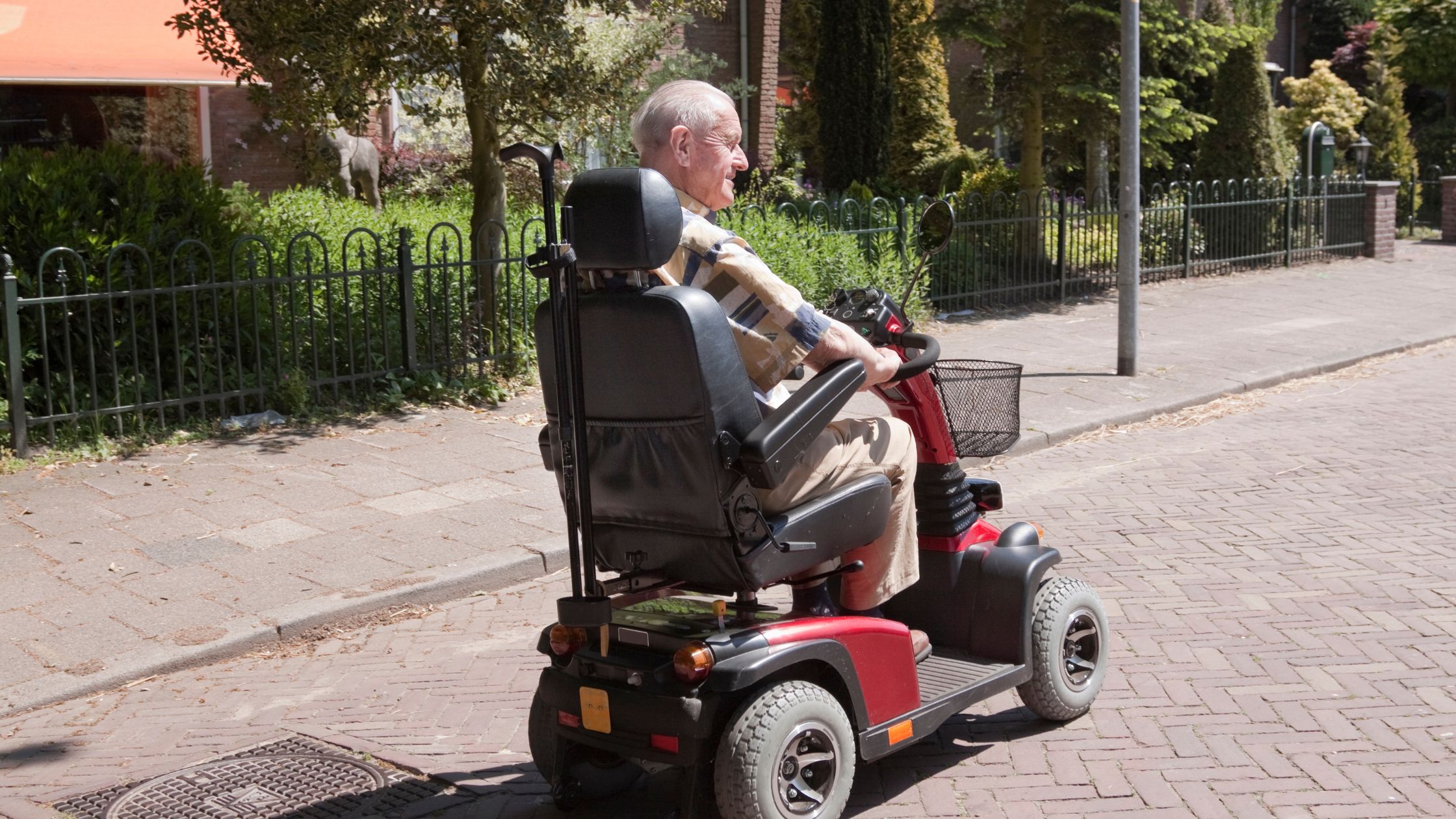Caring for the elderly involves various challenges, and one of the most common concerns is how to increase appetite in elderly individuals. As people age, they often face a decrease in appetite, leading to nutritional deficiencies and other health issues. Addressing this issue not only improves their nutritional intake but also enhances their overall well-being.

Understanding the Decline: Why Appetite Decreases in the Elderly
The first step in managing appetite loss involves understanding the underlying causes that contribute to this issue. Aging naturally brings about changes in the body’s metabolism and digestive system. Additionally, conditions like depression, medications, and even dental problems can significantly influence one’s appetite.
Factors Affecting Appetite in Seniors
- Physical Factors: Chronic illnesses, hormonal changes, hormonal changes, and decreased physical activity.
- Psychological Factors: Depression, loneliness, and anxiety.
- Social Factors: Changes in living conditions or loss of a spouse.
Strategies to Stimulate Appetite
Implementing simple yet effective strategies can make mealtimes more pleasant and desirable for seniors. Family members and caregivers can play a crucial role in enhancing elderly nutrition through tailored interventions.
1. Meal Planning and Nutrient-Dense Foods
Engaging seniors in the meal planning process can increase their interest in food. Emphasize nutrient-dense options to ensure they receive the necessary vitamins and minerals in smaller portions.
2. Frequent, Smaller Meals
Instead of sticking to traditional meal timings, offer smaller meals at regular intervals. This can prevent the feeling of being overwhelmed and encourage steady eating habits.
3. Inviting Meal Environment
Set the table nicely, play soft music, and minimize distractions like TV during meals. A more focused and pleasant environment can positively impact the dining experience.
The Role of Physical Activity
Staying active is essential for seniors. Encouraging light exercises or gentle walks can not only improve mood but also stimulate appetite growth. Finding activities that they enjoy can make this recommendation easier to implement.
Benefits of Outdoor Activities
Engaging in light outdoor activities promotes better digestion and can stimulate hunger. Spending time outdoors also helps enhance mental well-being, aiding those with depressive symptoms.
Hydrations Critical Role
Sometimes a lack of appetite is mistaken for dehydration. Keep seniors well-hydrated by offering water, herbal teas, or diluted fruit juices. Proper hydration is essential for optimal digestive health.
Social Interaction and Support
Shared meals with family members or friends can increase eating pleasure. Encouraging them to spend time in group settings can significantly boost their interest in food.
Community Activities
Consider community centers that offer meal programs or social events to help seniors maintain an engaging lifestyle.
Mind the Medications
Review current medications with a healthcare professional to identify any side effects that might be influencing appetite. Sometimes, adjusting medication can resolve appetite issues.
Personalized Approaches
Understand that every individual is different. Experiment with flavors and textures they find appealing. Some might prefer softer foods, while others might enjoy spicy flavors.
Nutritional Supplements
In cases where regular food intake is insufficient, consider nutritional supplements to meet dietary requirements. Consulting with a dietitian can provide additional guidance tailored to their needs.
Consulting a Healthcare Professional
If appetite issues persist, consider seeking professional help. A doctor can diagnose underlying conditions and offer personalized treatment plans.
For additional support and insights into caring for an elderly person, external resources are available for consideration.
Finding innovative solutions becomes easier with the assistance of necessary tools and gadgets that improve elderly care, such as the back massager and grabber tool for added convenience. These aids complement the nutritional interventions helping enhance comfort and overall life quality for seniors. Furthermore, safety concerns can be alleviated by using tools like a personal alert system adding an extra layer of confidence in emergency scenarios.

FAQs on Increasing Appetite in Elderly
1. What are common causes of appetite loss in seniors?
Appetite loss can result from multiple factors including chronic illnesses, medication side effects, and emotional changes related to aging. Understanding these causes is crucial to addressing the issue effectively.
2. How can family members help increase an elderly person’s appetite?
Family members can engage in shared meal times, offer support, and involve the elderly in meal planning. Encouraging gentle physical activities and checking for medication side effects are also productive steps.
3. Are there specific foods that naturally boost appetite?
Foods that are rich in flavors and appealing in presentation, such as fresh fruits, soups, and well-seasoned vegetables, can naturally boost appetite due to their sensory stimulation.
Understanding the complexities behind how to increase appetite in elderly individuals requires a comprehensive approach focused on physical, emotional, and social health. With patience and innovative strategies, caregivers can indeed make a significant difference in the lives of their loved ones.
This article contains affiliate links. We may earn a commission at no extra cost to you.

